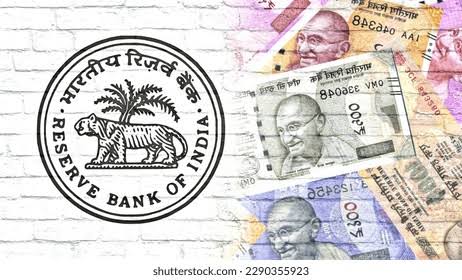 Image Source: Shutterstock
Image Source: Shutterstock
Reserve Bank of India (RBI) floated a two-day variable rate reverse repo (VRRR) auction of ₹1 trillion (or approximately $11.67 billion) on July 9, 2025. The move is one of a series of liquidity management steps as the central bank seeks to anchor overnight rates and maintain monetary stability in the background of a chronic liquidity surplus situation in the banking system.
Key Highlights
Auction Details:
RBI is to conduct a two-day VRRR auction of ₹1 trillion on July 9 to absorb excess liquidity from the banking system.
Recent Precedents:
This follows a week-long VRRR sale of the same worth on July 4th that saw robust appetite from banks with bids of over ₹1.7 trillion but only ₹1 trillion accepted at a cut-off rate of 5.47%.
Liquidity Environment
The banking system is now awash with surplus liquidity of ₹3.4–4.04 trillion. The surplus has then left overnight call rates and TREPS rates below the RBI policy repo rate, leading the central bank to intervene to maintain short-term rates within its policy corridor.
Policy Developments:
The RBI shocked market participants during the previous month by cutting the policy rate by 50 basis points and taking a 'neutral' policy stance, halting the injection of liquidity and focusing on absorption operations as overnight rates fell below the policy corridor.
Strategic Reasoning:
RBI's conservative approach is meant to encourage orderly levels of liquidity, prevent excessive volatility of short-term rates, and facilitate policy transmission. These short-term VRRR operations would most likely be regularized if there is excess liquidity in amounts above 1% of NDTL.
Market Impact:
The present auction is expected to see active participation of banks as investment of excess funds in VRRR auctions yields a better return than other means. Experts, nonetheless, say these operations are not expected to have a major impact on money market rates in the near future.
Source: Reuters, Business Standard, Financial Express, Economic Times
Advertisement
Advertisement



